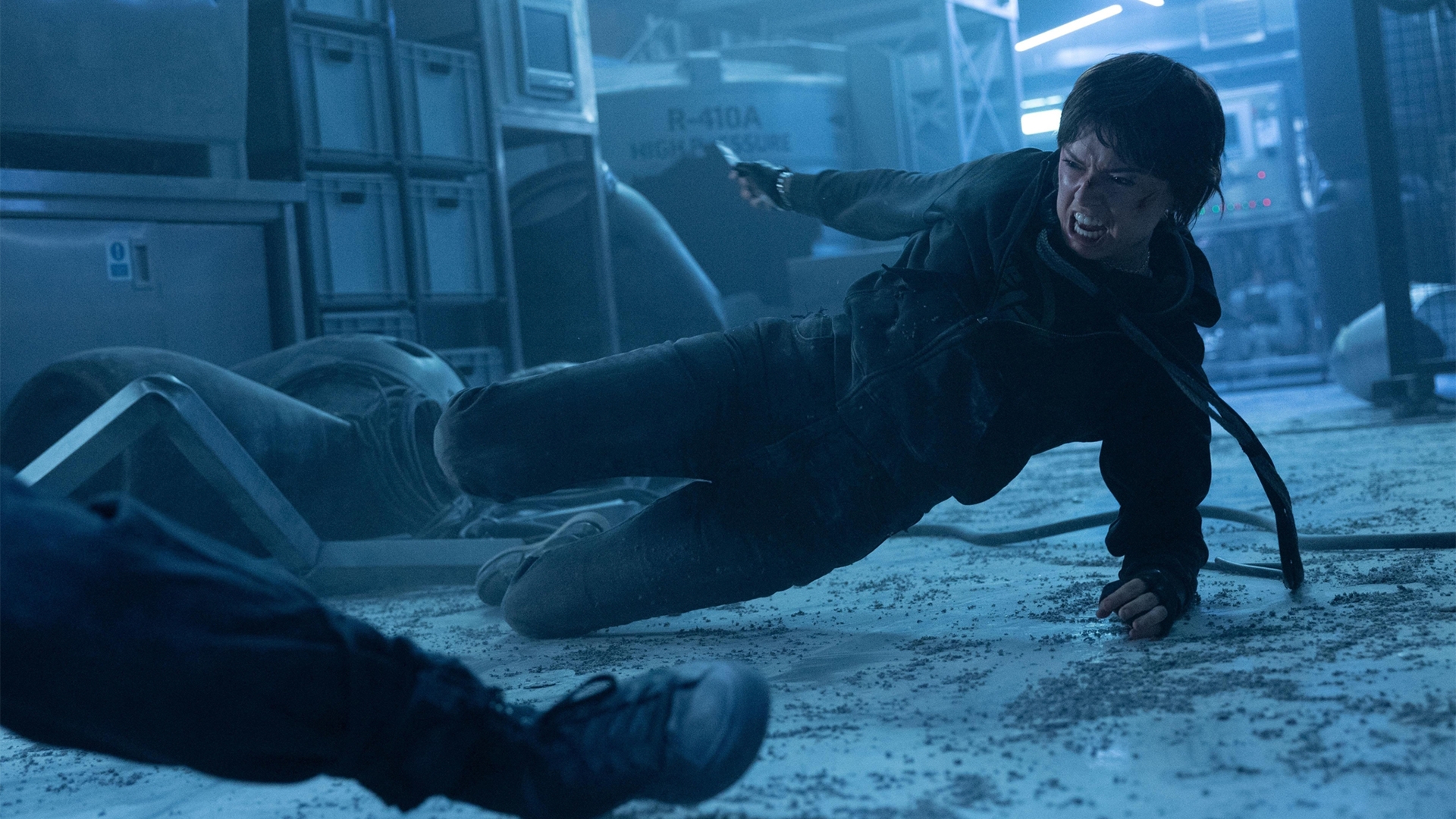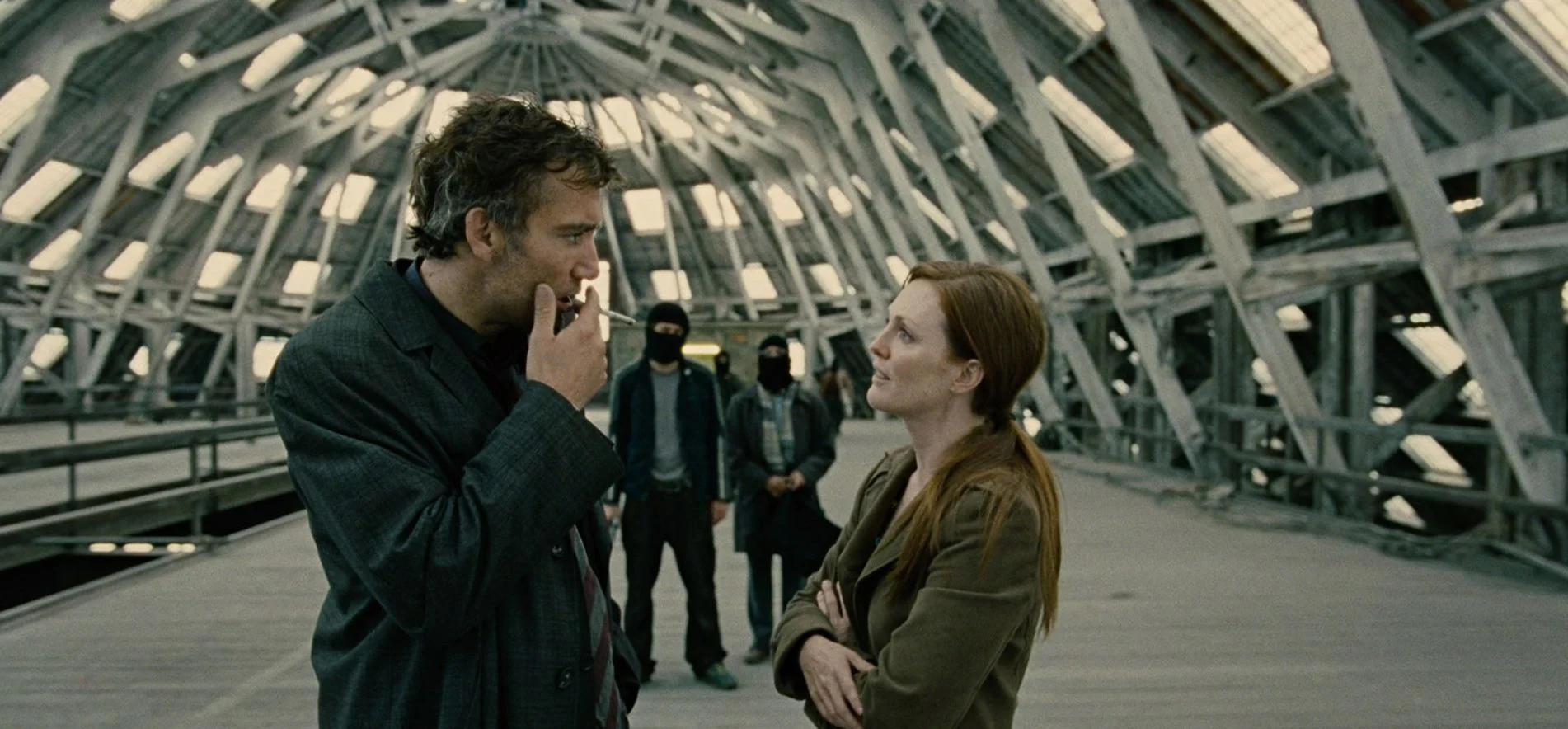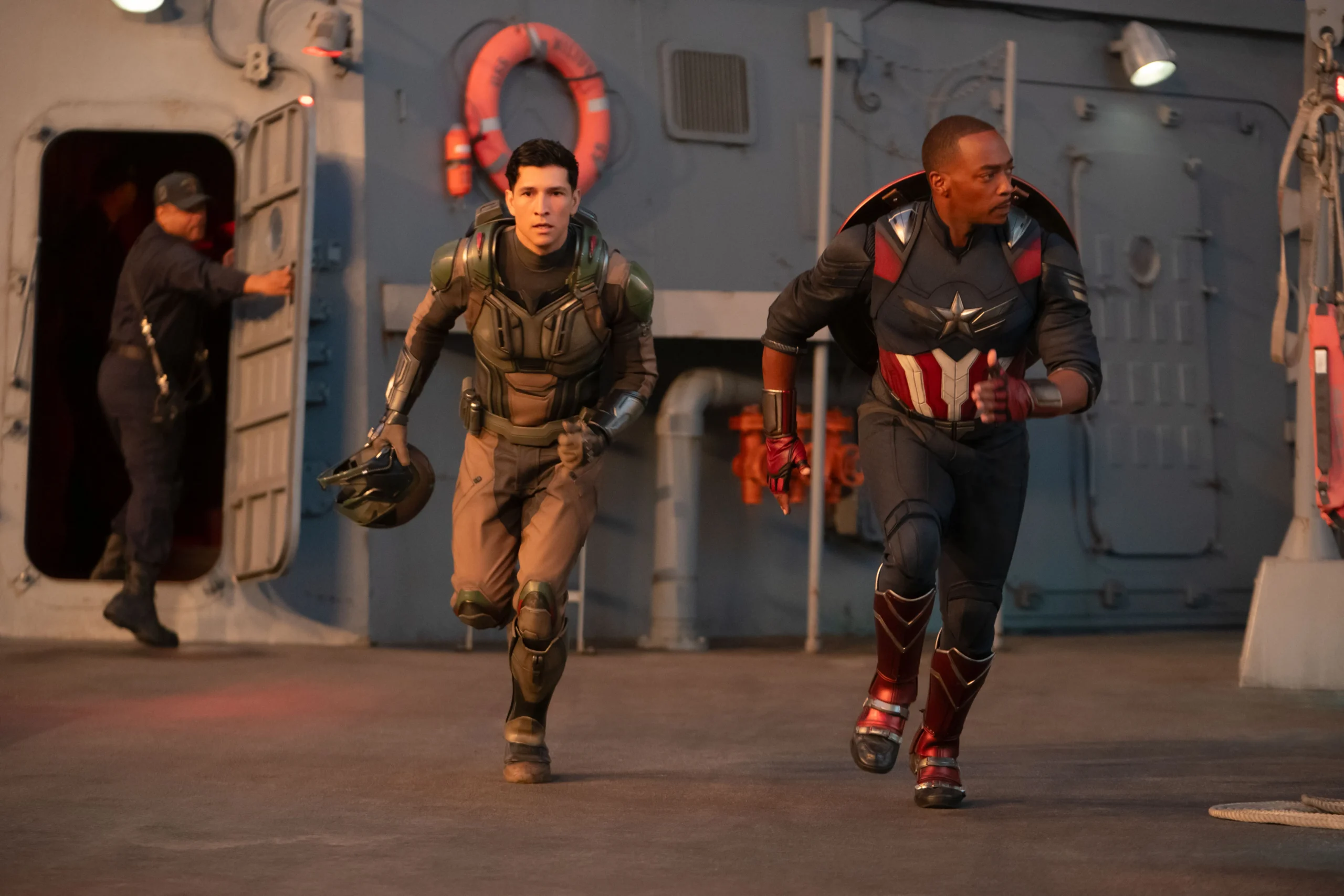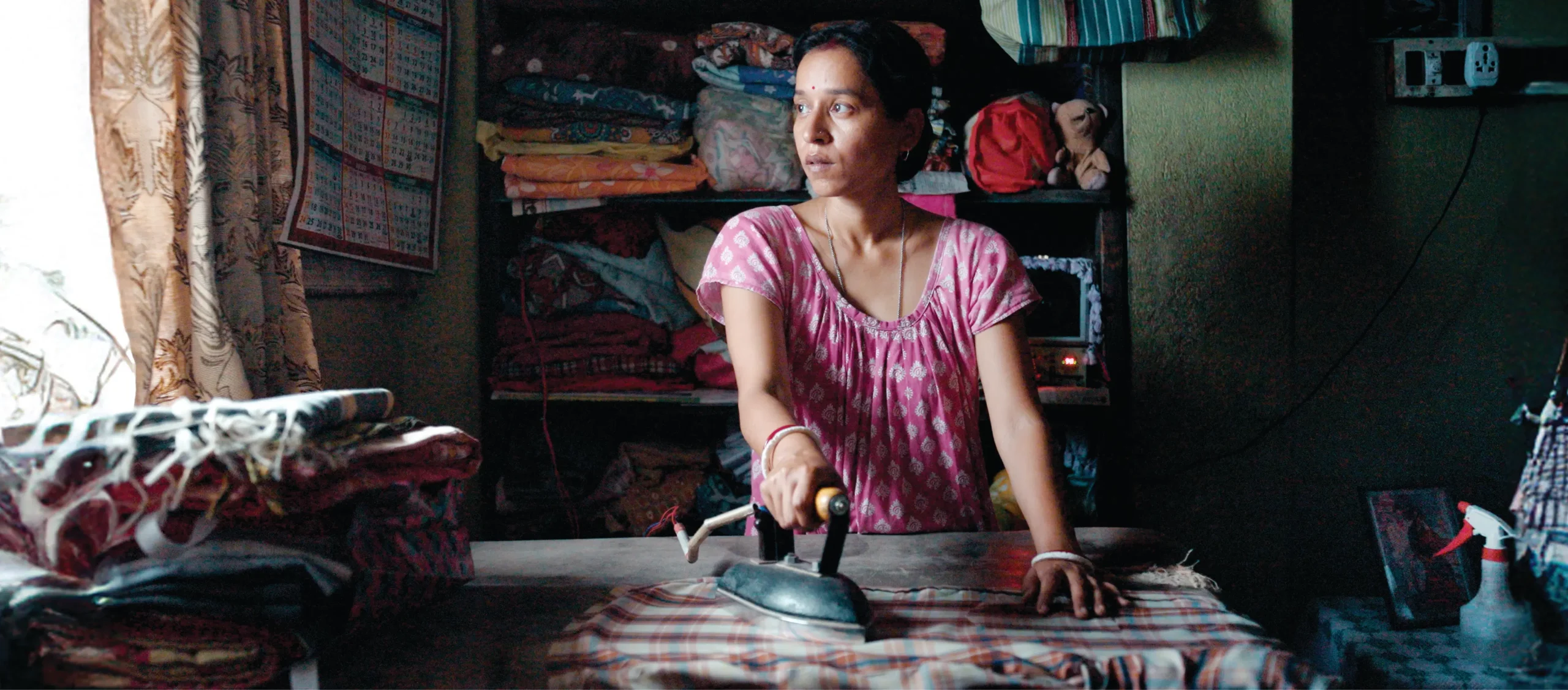Certain cinematic elements automatically pique my interest in a film. When it comes to Cleaner, the starring role of Daisy Ridley (Star Wars Sequel Trilogy), the direction of Martin Campbell (GoldenEye, Casino Royale), and a Die Hard-style premise all meet – if not exceed – the minimum requirements to get me to the big screen or, in this case, the comfort of my couch. However, these elements alone don’t mean expectations can’t be adjusted realistically.
Looking at the official synopsis of Cleaner, I expected nothing more, nothing less than a generic variation of the successful formula established by the aforementioned classic. Ridley plays Joey, a former soldier turned window cleaner who finds herself suspended 50 stories high on the exterior of a skyscraper after a group of radical activists takes control of an energy company’s annual gala. With 300 hostages and a terrorist infiltrator among the activists, Joey is forced to save the innocent people inside the building – including her younger brother, Michael (Matthew Tuck).
The number of Die Hard rip-offs is so vast that reaching a definitive count is nearly impossible, but it wouldn’t be an exaggeration to assume we’re already in the hundreds. These types of movies are often described as “Die Hard on a…” followed by the newly chosen setting. Cleaner is Die Hard on a… well, the same skyscraper as Die Hard. The biggest difference lies not in the location but in the motivations of the activist/terrorist group.
One of the main themes explored in the screenplay by Simon Uttley (Alleycats), Paul Andrew Williams (Bull), and Matthew Orton (Operation Finale) is the fine line between extreme activism and terrorism, as well as the contrasting behaviors between older and younger generations within these movements. The mission may be the same – in Cleaner, the goal is to expose massive corporate corruption within a deceitful company that accelerates the destruction of natural ecosystems – but when one side is passive and vocal while the other is aggressive and violent, it becomes easy to lose sight of the distinction and get swept up in chaos.
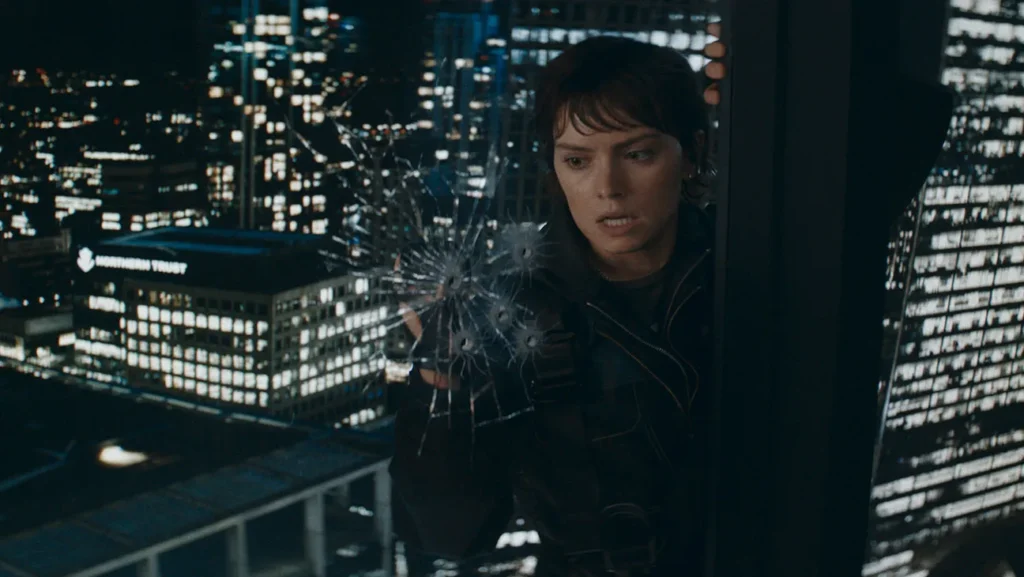
The thematic layer in Cleaner is commendable, even if it doesn’t present a particularly groundbreaking or thought-provoking study. In fact, if only the rest of the script had received the same level of care – from its familiar narrative structure to its basic dialogue, it’s rare to find truly original moments that aren’t just a generic copy of scenes we’ve already seen in the countless other versions of this predictable story. The action sequences aren’t super impressive, but they hold decent levels of entertainment and tension, especially when they focus on Ridley’s commitment to performing most of her own stunts, including hanging off the side of a very tall building.
Without a doubt, Ridley is the standout of Cleaner, and honestly, I don’t think the film would have made it to solid ground without her fully devoted performance. Whether it’s her physical effort, her impressive emotional range, or her genuine chemistry with Tuck, Ridley once again proves she deserves far more opportunities in major global productions. It’s a shame that a trilogy, unfairly impacted by one of the most toxic fandoms in cinema history, is still affecting her career – and that of so many others involved in the same saga – to this day.
It’s also impossible to not approach the relationship between Joey and Michael, with the latter being presented as a neurodivergent character on the autism spectrum. Both siblings had a traumatic childhood, but while Michael suffered at the hands of abusive parents, Joey escaped to the window ledge until the chaos died down. Cleaner jumps forward decades later, where Joey has taken on the responsibility of caring for her brother, but he spends more time moving between institutional facilities than actually living with her.
The complex dynamic of this kind of relationship will undoubtedly resonate with many viewers, and the movie’s positive message – that neurological conditions shouldn’t stop anyone from being the hero of their own story – will be highly appreciated. That said, Cleaner‘s execution of this subject matter leaves something to be desired, as the unnatural dialogue makes it hard to believe this character trait is anything more than fulfilling a diversity quota. Clearly, Campbell and his writers have good intentions, and overall, the character is depicted in a positive light, but serious, sensitive mental conditions always require careful, thoughtful representation.
Cleaner is a functional action-thriller that meets the genre’s basic requirements without ever truly standing out. Daisy Ridley‘s all-in commitment elevates the material, but Martin Campbell’s competent direction can’t hide a predictable script and a thematic exploration that, while respectable, remains surface-level. In the end, it’s 90 minutes of decent entertainment, but one that won’t leave a lasting impact in the endless lineup of Die Hard‘s spiritual successors.
